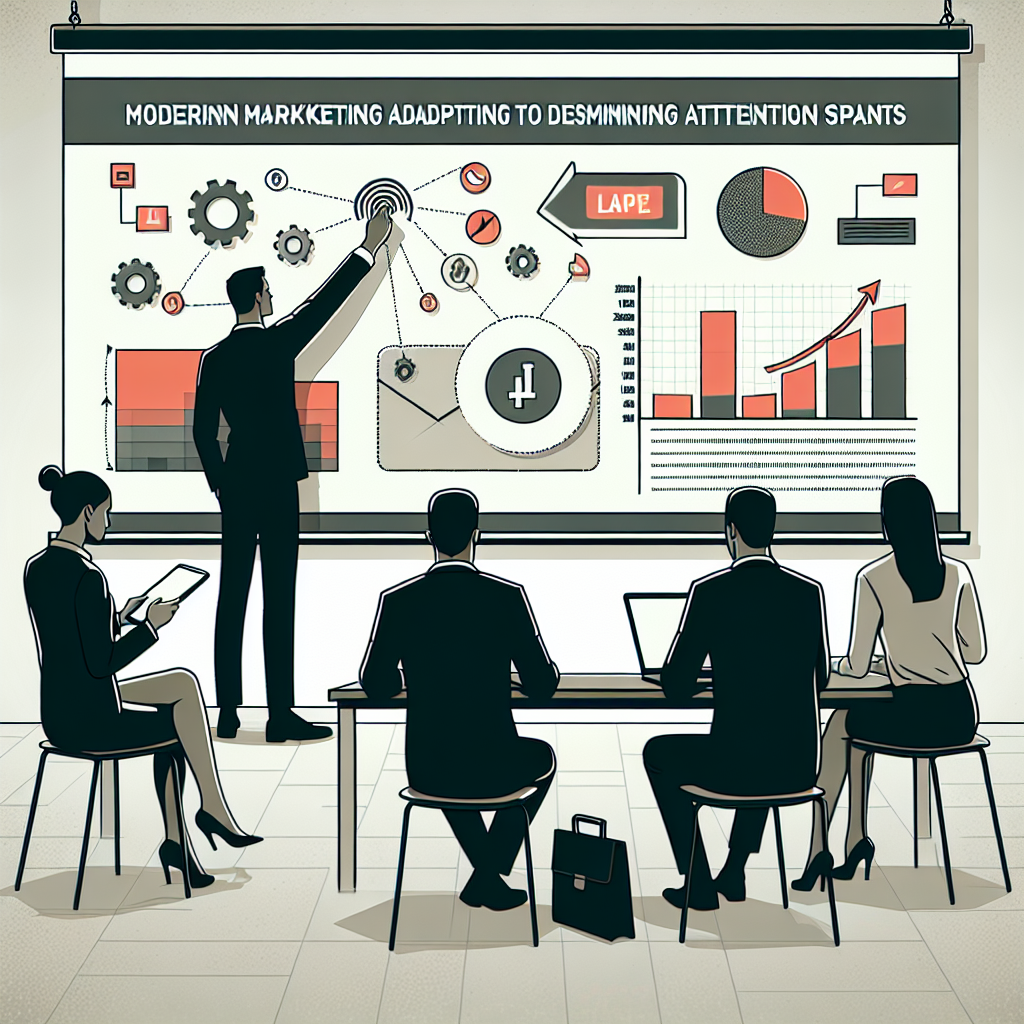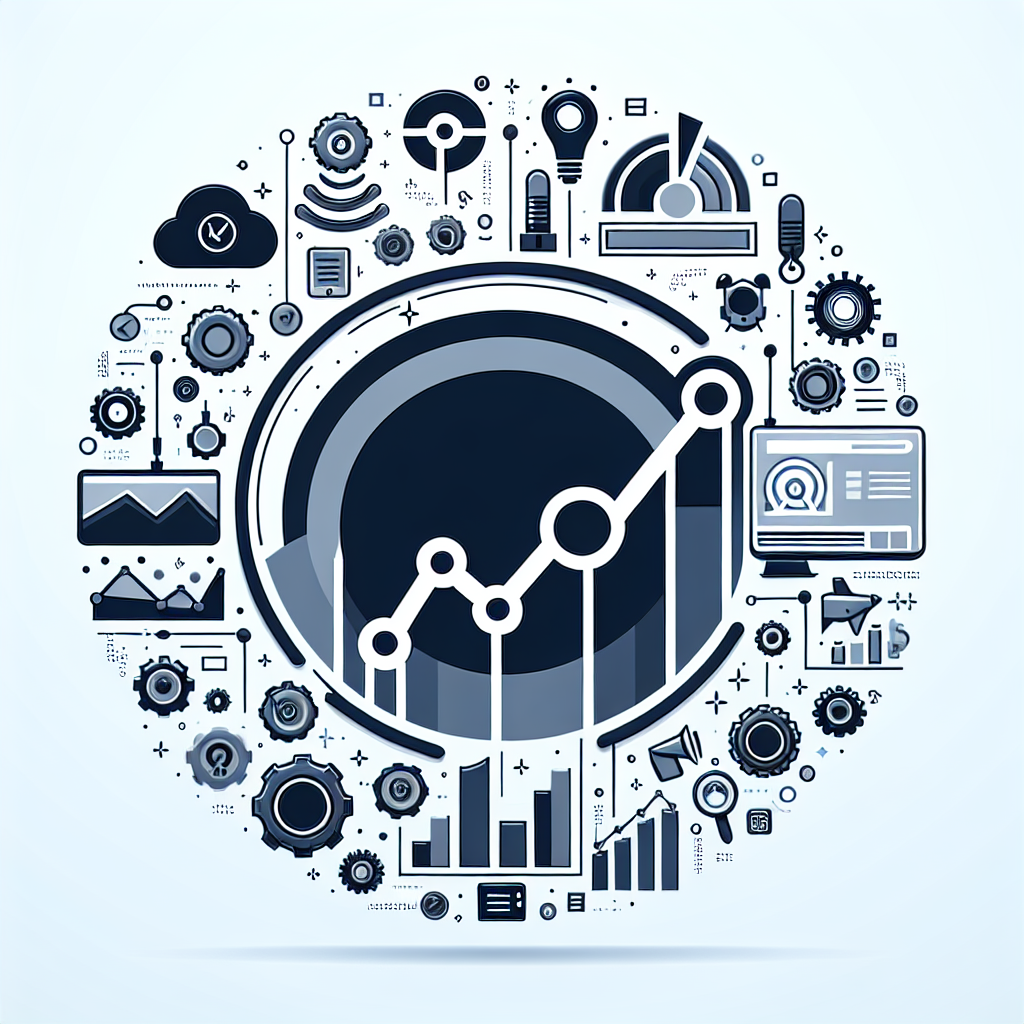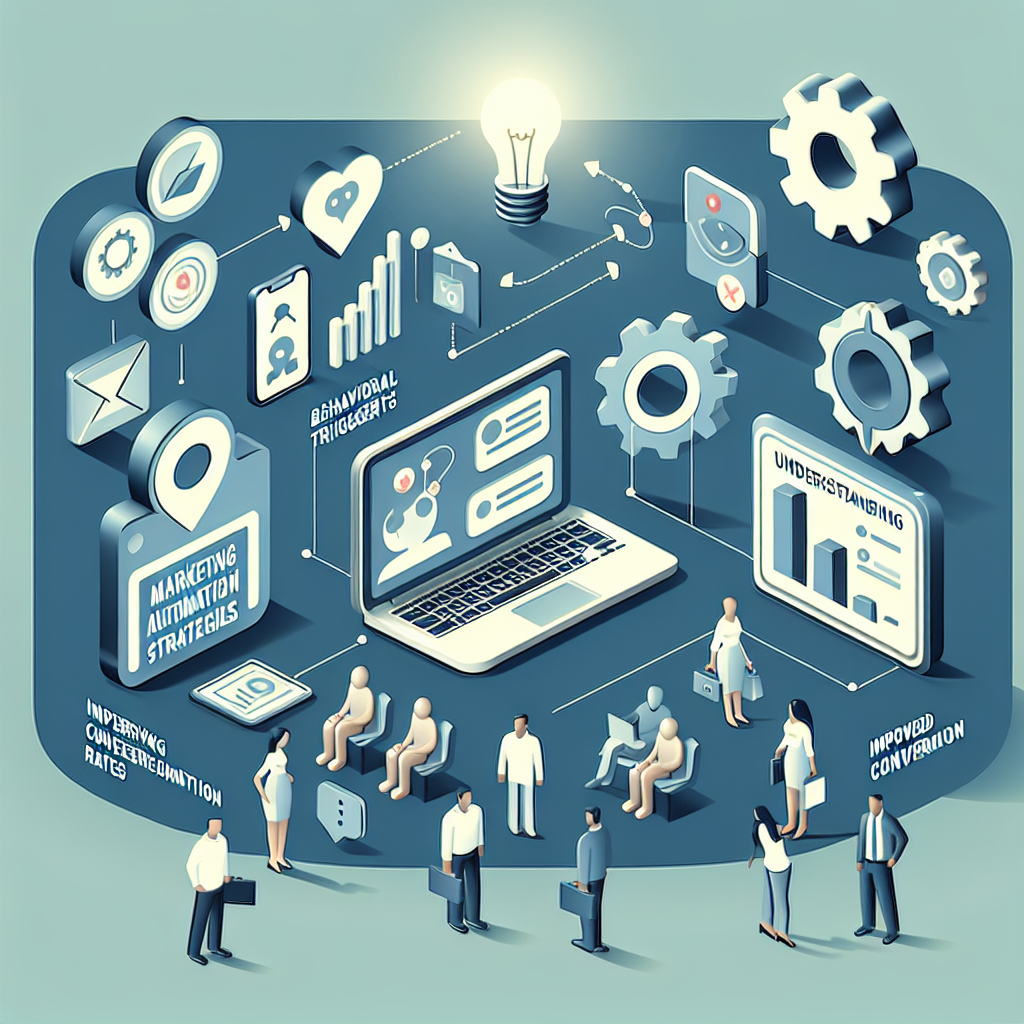How AI is Changing Influencer Marketing and Sponsorships
Influencer marketing has become a cornerstone of digital marketing strategies, allowing brands to connect with their target audience through trusted voices. Artificial intelligence (AI) is transforming this landscape by enhancing the efficiency, precision, and scalability of influencer marketing campaigns. AI tools are being used to select the right influencers, optimize content, and measure campaign performance, revolutionizing how brands collaborate with influencers and sponsorships. This article delves into the principles of AI in influencer marketing, its evolution in the digital era, and how AI, e-commerce, and changing consumer behaviors have redefined this marketing discipline.

Introduction
In today's fast-paced digital environment, influencer marketing faces the challenge of maintaining relevance and effectiveness. AI offers a solution by providing brands with the tools to analyze vast amounts of data, identify the most impactful influencers, and create personalized content that resonates with their audience. By leveraging AI, businesses can enhance campaign efficiency, improve engagement, and drive conversions. As technology advances and consumer behavior shifts, the application of AI in influencer marketing has become increasingly sophisticated.
Foundational Concepts of AI in Influencer Marketing
AI in influencer marketing involves the use of advanced algorithms to analyze data, predict trends, and optimize campaigns. Key concepts include:
Influencer Discovery:
AI tools automate the process of identifying influencers whose audience aligns with a brand's target market, enhancing campaign efficiency.
Content Optimization:
AI algorithms analyze audience preferences and behaviors to create more engaging and relevant content.
Predictive Analytics:
AI predicts campaign outcomes and optimizes strategies based on real-time data insights.
Trends in AI-Driven Influencer Marketing
AI-Driven Influencer Selection:
Brands use AI to evaluate influencer demographics, engagement levels, and content relevance, ensuring that partnerships are strategic and effective.
AI-Powered Content Creation:
AI tools assist influencers in generating high-quality content, from writing captions to scripting videos, ensuring that material resonates with the audience.
Virtual Influencers:
AI-generated influencers, or virtual influencers, offer brands a scalable and customizable way to engage audiences, maintaining consistent messaging and reducing potential controversies.
Evolution in the Digital Era
The digital era has transformed AI-driven influencer marketing by providing new channels for engagement and interaction. E-commerce platforms, social media, and AI-driven technologies enable businesses to refine their influencer strategies with greater precision.
Role of AI in Influencer Marketing
AI enhances influencer marketing by:
Predictive Analytics:
AI algorithms predict campaign outcomes and optimize strategies based on real-time data insights.
Personalization:
AI-driven systems personalize content and influencer partnerships based on audience preferences and behaviors.
Efficiency and Scalability:
AI automates routine tasks, allowing brands to scale their influencer marketing efforts efficiently.
Artificial intelligence (AI) is playing a transformative role in content creation for influencers, enhancing efficiency, creativity, and personalization. Here's how AI is impacting influencer content creation:
1. Enhanced Efficiency and Creativity
AI-Powered Content Tools:
AI tools like Jasper and Copy.ai assist influencers in crafting captivating captions, suggesting engaging hashtags, and even generating comprehensive posts. This automation allows influencers to focus on content strategy and creativity rather than getting bogged down in routine tasks.
Video Editing:
Platforms powered by AI, such as Adobe Sensei and Magisto, automate the video editing process, saving time on technical tasks and enabling influencers to produce polished and professional-looking videos.
2. Personalized Content and Audience Insights
Audience Analysis:
AI analytics tools provide influencers with valuable insights into their audience's preferences and behaviors, enabling them to devise remarkably personalized content. This leads to increased interaction and loyalty as each post resonates with distinct segments of their audience.
Predictive Analytics:
AI helps predict trends and assess audience engagement, allowing influencers to refine their strategies based on real-time data insights.
3. Automated Tasks and Collaboration
Content Generation:
AI-powered tools can generate drafts for blog posts, social media updates, and email campaigns, saving time and ensuring consistency across all content channels.
SEO Optimization:
AI optimizes content for search engines by analyzing keyword performance and suggesting relevant terms, ensuring that content ranks higher and attracts more organic traffic.
Collaboration Tools:
AI-driven platforms like Influence.co and Upfluence use algorithms to match influencers with brands that fit their niche, audience, and values, revolutionizing how collaborations are formed.
4. Future of AI in Influencer Content Creation
Generative Sponsorship:
AI is expected to play a pivotal role in the future of influencer marketing by converging AI-driven content creation with influencer partnerships. This convergence will enable brands and influencers to generate compelling content that was previously impossible.
Creative Partner:
AI will evolve from being a tool to a creative partner, helping influencers develop innovative content ideas, track performance, and refine their digital strategies.
Challenges and Considerations
Ethical Considerations:
The use of AI raises ethical concerns regarding authenticity and potential biases in content generation. Influencers must ensure that their strategies are ethical and transparent.
Consumer Behavior Shifts:
Changes in consumer behavior require influencers to adapt their AI-driven content strategies to align with evolving customer values and preferences.
Consumer Behavior Shifts
Changes in consumer behavior, such as increased demand for authenticity and personalized experiences, require brands to adapt their influencer strategies to align with evolving customer values.
Case Studies and Real-World Examples
BoAt’s Collaboration with Kyra:
BoAt leveraged AI by collaborating with Kyra, a virtual influencer, achieving a significant organic reach and click-through rate. This collaboration redefined what’s possible with AI-driven strategies.
L’Oréal’s Sustainability-Focused Campaigns:
L’Oréal successfully used AI to partner with sustainability-focused influencers, ensuring their campaigns resonated with eco-conscious consumers.
Coca-Cola’s AI-Driven Influencer Selection:
Coca-Cola has used AI tools to identify and collaborate with influencers whose audience aligns with their brand values, enhancing campaign effectiveness.
Challenges and Considerations
Ethical Considerations:
The use of AI and virtual influencers raises ethical concerns regarding authenticity and transparency. Brands must ensure that their strategies are ethical and compliant with data regulations.
Consumer Behavior Shifts:
Changes in consumer behavior require brands to adapt their influencer strategies to align with evolving customer values and preferences.
Conclusion
AI is transforming influencer marketing by enhancing efficiency, precision, and scalability. As technology continues to evolve, AI will play an increasingly important role in refining influencer strategies. By leveraging AI, businesses can develop targeted marketing campaigns that resonate with their audience, drive engagement, and foster long-term loyalty. The future of AI in influencer marketing will be characterized by increased focus on personalization, real-time responsiveness, and ethical data practices, ensuring that marketing efforts remain both effective and responsible.
Featured Blogs

How the Attention Recession Is Changing Marketing

The New Luxury Why Consumers Now Value Scarcity Over Status

The Psychology Behind Buy Now Pay later

The Role of Dark Patterns in Digital Marketing and Ethical Concerns

The Rise of Dark Social and Its Impact on Marketing Measurement








